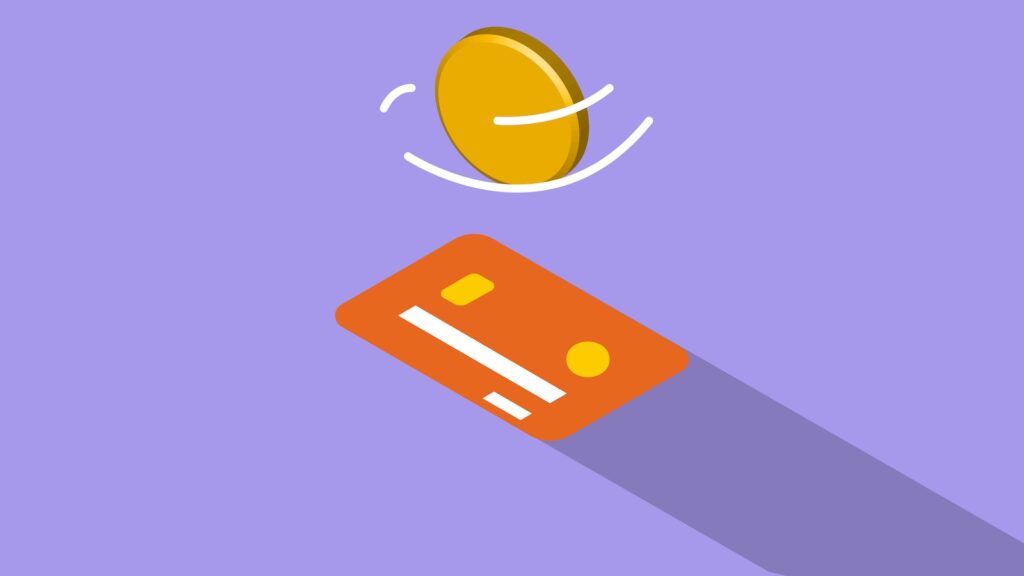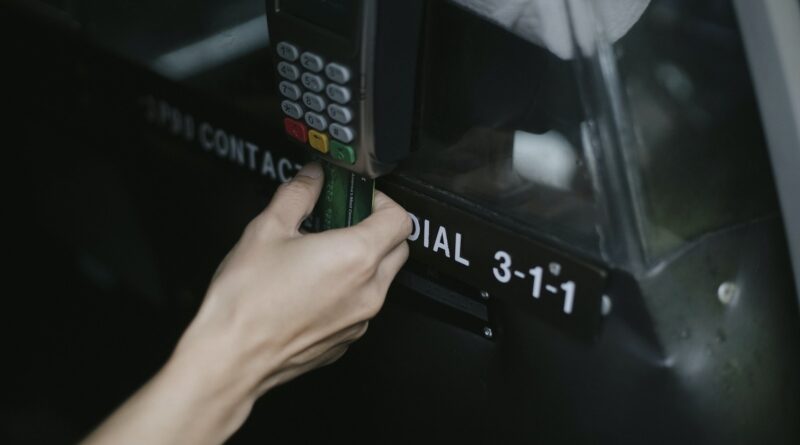Credit Card Disputes Decoded: Resolving Issues as an Investor
As a private lender or real estate investor, navigating the world of credit card disputes is essential for maintaining financial stability and protecting your investments.
Credit card disputes can arise due to various reasons, such as fraudulent transactions, billing errors, or unsatisfactory services. Resolving these issues promptly and effectively is crucial to ensure a smooth and hassle-free experience.
In this article, we will explore the common challenges and obstacles you may encounter in credit card disputes and provide practical strategies to overcome them, empowering you to handle these issues with confidence.
Understanding the Significance of Credit Card Disputes
Before delving into the challenges and solutions, it’s crucial to comprehend the significance of credit card disputes. These disputes directly impact your financial well-being, reputation, and ability to invest. By resolving credit card disputes efficiently, you can:
- Protect your investments: Swift resolution of credit card disputes safeguards your financial interests and preserves your investments.
- Maintain a healthy credit profile: Handling disputes effectively helps maintain a positive credit history, which is vital for future investment opportunities and favorable lending terms.
- Build trust with borrowers: Demonstrating your ability to resolve credit card disputes reinforces your professionalism and fosters trust with borrowers, enhancing your reputation as a reliable lender or investor.
Credit Card Disputes Roadblocks: Common Challenges and Solutions
When it comes to credit card disputes, several challenges can impede the resolution process. By familiarizing yourself with these obstacles and implementing practical strategies, you can navigate through them successfully. Let’s explore some of the most common challenges and effective solutions:
Challenge 1: Insufficient Documentation and Evidence
When disputing a credit card charge, insufficient documentation and evidence can hinder the resolution process. It’s essential to gather and organize all relevant documents, including receipts, transaction records, and communication with the borrower or service provider.
Solution: Start by creating a comprehensive system for storing and retrieving documentation related to credit card transactions. This could involve maintaining digital copies, organizing files by date or borrower, and utilizing cloud storage solutions for easy access.
Additionally, promptly request supporting documentation from the borrower or service provider to strengthen your case.
Challenge 2: Complex Dispute Processes and Policies
Credit card dispute processes can be complex, often involving multiple parties, intricate policies, and specific timelines. Navigating these processes requires a thorough understanding of the applicable regulations and the dispute resolution mechanisms provided by credit card issuers.
Solution: Educate yourself on the dispute processes and policies of the credit card issuers you work with. Familiarize yourself with their terms and conditions, deadlines for filing disputes, and preferred methods of communication.
Additionally, maintain open lines of communication with the issuer’s customer support team to ensure prompt assistance and guidance throughout the resolution process.
Challenge 3: Lack of Negotiation Skills
Effectively negotiating with borrowers, merchants, or credit card issuers is crucial for successful credit card dispute resolution. Without proper negotiation skills, reaching a mutually agreeable resolution can be challenging.
Solution: Hone your negotiation skills by studying negotiation techniques and best practices. This includes actively listening to the other party, empathizing with their concerns, and proposing fair and reasonable solutions.
If necessary, consider engaging the services of a professional mediator who specializes in credit card disputes to facilitate a satisfactory resolution.
Real-World Examples: Successful Credit Card Dispute Resolutions
To further illustrate the effectiveness of implementing the strategies mentioned above, let’s explore a few real-world examples of credit card dispute resolutions:
- Example 1: Fraudulent Transaction
- A real estate investor notices a suspicious charge on their credit card statement for a service they did not receive. By promptly gathering evidence, contacting the credit card issuer, and filing a dispute, the investor successfully recovers the funds and prevents further fraudulent activity.
- Example 2: Billing Error
- A private lender discovers an incorrect interest charge on their credit card statement. They reach out to the borrower and provide supporting documentation to substantiate the error. Through effective communication and negotiation, the lender and borrower resolve the issue, resulting in a corrected billing statement.
- Example 3: Unresolved Service Dispute
- A real estate investor encounters unsatisfactory services provided by a contractor. Despite attempts to address the issue directly, the investor decides to initiate a credit card dispute. By leveraging the relevant documentation, adhering to the issuer’s dispute process, and presenting a compelling case, the investor obtains a refund for the subpar services rendered.

The Benefits of Overcoming Credit Card Dispute Challenges
Overcoming credit card dispute challenges comes with several benefits that positively impact your role as an investor or lender:
- Minimized financial losses: Resolving disputes efficiently minimizes the risk of financial losses caused by unauthorized charges, billing errors, or unsatisfactory services.
- Enhanced credibility and reputation: Successfully resolving credit card disputes reinforces your credibility, reputation, and trustworthiness among borrowers, fellow investors, and financial institutions.
- Streamlined investment process: By proactively managing credit card disputes, you can streamline your investment process, focusing on growth and profitability.
Misconceptions and Misunderstandings
When it comes to credit card disputes, it’s essential to address common misconceptions and misunderstandings:
- Misconception: Initiating a dispute will harm my credit score.
- Clarification: As long as you have a legitimate reason for disputing a charge and follow the correct procedures, your credit score should not be negatively impacted.
- Misconception: Resolving a credit card dispute is time-consuming and ineffective.
- Clarification: While disputes can require time and effort, approaching them strategically with the right documentation, negotiation skills, and knowledge of the process can lead to favorable outcomes.
Resolve Credit Card Disputes with Confidence
Now that you are equipped with knowledge and strategies to overcome credit card dispute challenges, it’s time to take action. Follow these steps to resolve credit card disputes with confidence:
- Gather and organize all relevant documentation, including receipts, transaction records, and communication with borrowers or service providers.
- Educate yourself on the dispute processes and policies of the credit card issuers you work with.
- Develop and refine your negotiation skills to effectively communicate and reach mutually agreeable resolutions.
- Stay proactive and promptly address any credit card disputes that arise, leveraging the evidence and information at your disposal.
By following these steps, you will navigate credit card disputes successfully, ensuring the protection of your investments and maintaining your financial stability as an investor or lender.
Now it’s time to put your knowledge into practice. Share your experiences or ask questions in the comments section below. How have credit card disputes affected your investment journey, and what strategies have you found most effective in resolving them?
